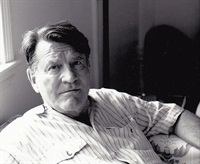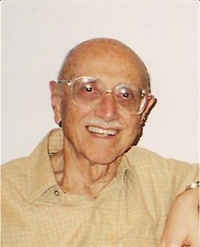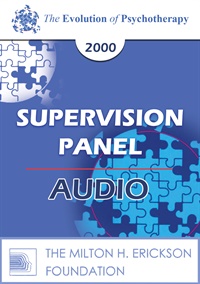EP00 Supervision Panel 4 - Claudia Black, PhD; Jay Haley, MA; Judd Marmor, MD
- Average Rating:
- Not yet rated
- Topic Areas:
- Supervision Panels | Psychotherapy | Therapist Development | Addiction | Family Dynamics | Trauma
- Categories:
- Evolution of Psychotherapy | Evolution of Psychotherapy 2000 | Pioneers in Couples and Family Therapy
- Faculty:
- Claudia Black, PhD | Jay Haley, MA | Judd Marmor
- Duration:
- 57:50
- Format:
- Audio Only
- Original Program Date:
- May 27, 2000
- License:
- Never Expires.
Description
Description: Analysis of therapeutic approaches for challenging cases involving addiction, trauma, and family dynamics. Experts provide insights on treating a sober woman struggling with co-dependency, a traumatized teenage boy with low self-esteem, and a teen experiencing family tension and anger management challenges. The discussion focuses on strategies for building self-worth, establishing healthy boundaries, and addressing systemic family issues through targeted interventions.
Educational Objectives:
- To compare and contrast clinical and philosophical perspectives of experts.
*Sessions may be edited for content and to preserve confidentiality*
Credits
Handouts
| Timestamped Transcript (1 MB) | 26 Pages | Available after Purchase |
| Ericksonian Learning Snapshot (306.2 KB) | 2 Pages | Available after Purchase |
Faculty

Claudia Black, PhD Related Seminars and Products
Claudia Black, Ph.D., is internationally recognized for her pioneering and cutting-edge work with family systems and addictive disorders. Her work with children impacted by drug and alcohol addiction in the late 1970s fueled the advancement of the codependency and developmental trauma fields. Dr. Black’s passion to help young adults overcome obstacles and strengthen families built the foundation of the Claudia Black Young Adult Center. Not only is Dr. Black the clinical architect of this groundbreaking treatment program, she is also actively involved with the treatment team, patients, and their families.
Claudia is the author of It Will Never Happen To Me, Changing Course, My Dad Loves Me, My Dad Has A Disease, Repeat After Me, It's Never Too Late To Have A Happy Childhood, Relapse Toolkit, A Hole in the Sidewalk, Depression Strategies, Straight Talk, The Stamp Game, Family Strategies, Anger Strategies, Deceived: Facing Sexual Betrayal, Lies and Secrets, The Truth Begins With Youand her newest title, Intimate Treason: Healing the Trauma for Partners Confronting Sex Addiction. She has produced seven audio CDs addressing issues of addiction and recovery. They are A Time for Healing, Putting the Past Behind, Triggers, Emotional Baggage, Trauma in the Addicted Family, Imageries and Letting Go Imageries. She also has over 20 DVDs for professionals to use working with families and clients.

Jay Haley, MA Related Seminars and Products
Jay Haley (M.A., 1953, Stanford University) was Director of Family Therapy Institute of Washington, D.C. He was one of the leading exponents of the strategic/interpersonal approach to family therapy. Haley served as Director of the Family Experiment Project at the Mental Research Institute and as Director of Family Therapy Research at the Philadelphia Child Guidance Clinic. He has authoered seven books, co-authored two and edited five. Additionally, he has more than 40 contributions to professional journals and books. Haley is the former editor of Family Process, and the first recipient of the Lifetime Achievement Award of The Milton H. Erickson Foundation.

Judd Marmor Related Seminars and Products
Judd Marmor, MD, was an American psychiatrist known for his role in removing homosexuality from the American Psychiatric Association Diagnostic and Statistical Manual of Mental Disorders. Judd was an adjunct Professor of Psychiatry at the University of California in LA, was Franz Alexander Professor of Psychiatry at the University of Southern California School of Medicine. he has practices medicine for more than 50 years, having graduated from Columbia University College of Physicians and Surgeons in 1933. He is past president of the American Psychiatric Association, American Academy of Psychoanalysis, and The Group for the Advancement of Psychoanalysis, and The Group for the Advancement of Psychiatry. He is recipient of the Bowis Award for Outstanding Achievements in Leadership in the Field of Psychiatry from the American College of Psychiatrists and the Founders Award from the American Psychiatric Association. Dr. Marmor served on the editorial board of 14 journals.He authored five books and co-authored one. He has written or co-written more than 300 scientific papers. Much of his writing has been on psychoanalysis and human sexuality.


